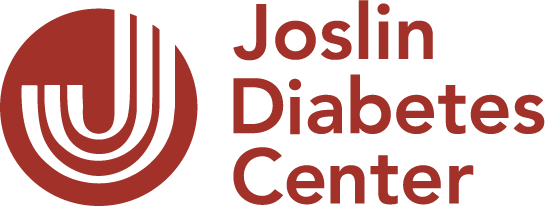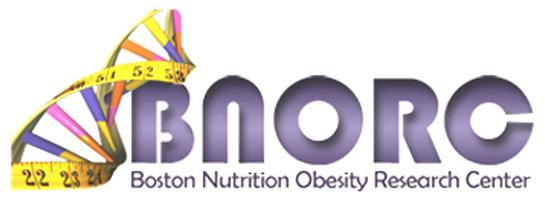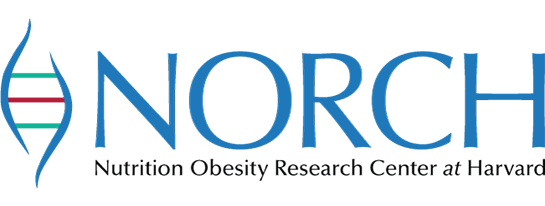Boston Area Diabetes Endocrinology Research Center
The Boston Area Diabetes Endocrinology Research Center (BADERC) is a consortium of laboratory-based and clinical investigators whose efforts are directed toward addressing the most pressing, unanswered research questions bearing on the etiology, pathogenesis, treatment and cure of type 1 and type 2 diabetes, and their associated microvascular and atherosclerotic complications.
The BADERC Director (Alexander Soukas) and Associate Directors (Barbara Kahn and Deborah Wexler) are highly productive senior investigators of international stature in metabolism, genetics, functional genomics, metabolic physiology, nutrient homeostasis, and evidence-based care delivery for diabetes, clinical topics central to advances in diabetes research.

Alexander Soukas
BADERC Director
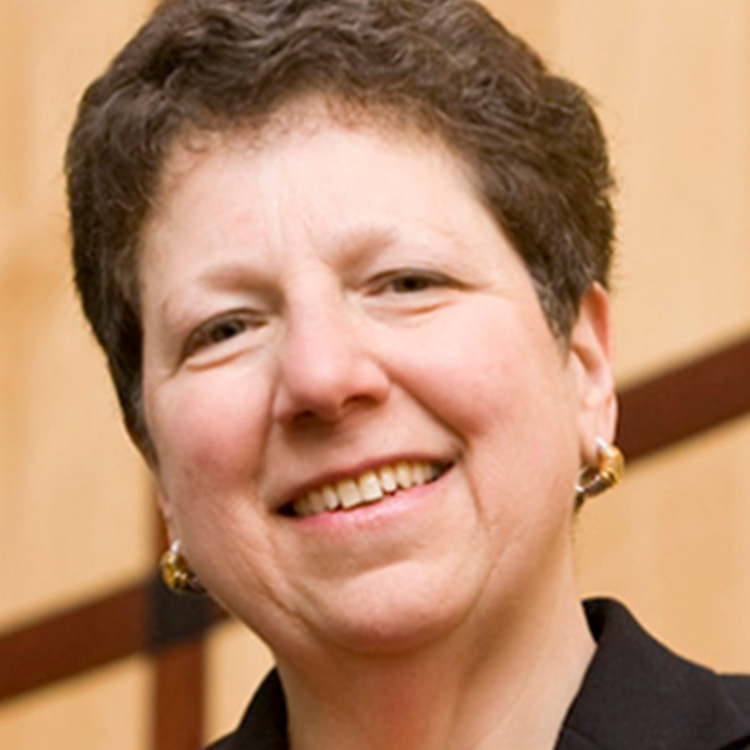
Barbara Kahn
Associate Director
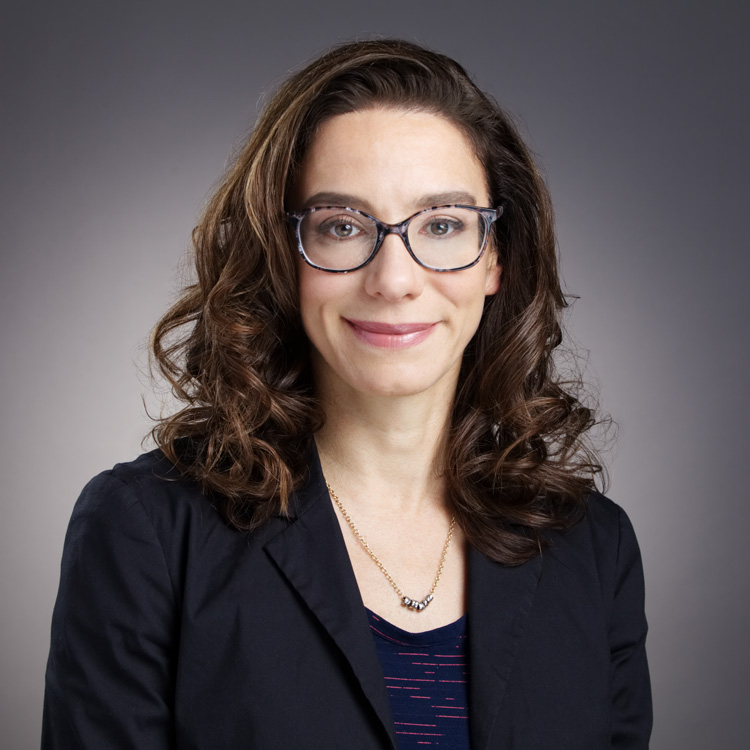
Deborah Wexler
Associate Director
The BADERC Executive Committee that oversees and advises on major directions of the BADERC including Cores, Pilot and Feasibility Program, Enrichment Program, and efforts at diversity and inclusion, draws upon the diverse expertise of the greater Boston Area Diabetes research community. The executive committee consists of Drs. Soukas, Kahn, and Wexler as well as:
- Dr. Alex Banks (Beth Israel Deaconess Medical Center), Co-Director of the BADERC Metabolic Physiology and Energy Balance Core
- Dr. Caroline Apovian (Brigham and Women’s Hospital)
- Dr. Sudha Biddinger (Boston Children’s Hospital)
- Dr. Valentina Perissi (Boston University Medical Center)
- Dr. Camille Powe (Massachusetts General Hospital), BADERC Diversity and Inclusion Officer
The BADERC Research Core Subcommittee is chaired by Dr. Alex Banks, and makes general, administrative and scientific decisions concerning the operation and overall direction of the BADERC Biomedical Research Cores. In addition to Dr. Banks, the Subcommittee consists of:
- Dr. Soukas, BADERC Director
- Dr. Dennis Brown, Director, BADERC Cell Biology and Morphology Core
- Dr. Barbara Kahn, Co-Director, BADERC, and Co-Director, BADERC Metabolic Physiology Core
- Dr. Evan Rosen, Director, BADERC Functional Genomics and Bioinformatics Core
- Dr. Linus Tsai, Co-Director, BADERC Functional Genomics and Bioinformatics Core
- Nancy Kingori, BADERC Administrator
- Pam Ricevuto, BADERC Program Manager
The BADERC Member Scientists host robust research groups based at a large number of Boston-area research institutions, primarily the major Harvard Medical School-affiliated teaching hospitals (the Massachusetts General Hospital, the Brigham and Women’s Hospital, the Beth Israel-Deaconess Medical Center), the Boston University Medical Center, Tufts New England Medical Center, the Harvard School of Arts and Sciences, the Broad Institute, Harvard School of Public Health, the Dana-Farber Cancer Center, the Scheppens Eye Research Institute, and the Massachusetts Institute of Technology.
BADERC investigators are working at the cutting edge of fields most relevant to defining the most important paths forward for diabetes prevention, treatment, and cure, including:
- Pathogenesis of type 1 and type 2 diabetes
- Optimal treatment of type 1 and type 2 diabetes
- The molecular and genetic basis of insulin action and insulin resistance
- The genetic underpinnings for glucose and nutrient homeostasis
- The biology of the vascular system
- The biology of beta cell function and dysfunction in diabetes
- The immunologic basis and optimal therapies for autoimmunity and transplant rejection
- The development of new methods for glycemic monitoring and control.
BADERC Cores:
The BADERC offers member and Boston area non-member scientists an array of core services designed to advance progress in diabetes research. BADERC Cores are:
– Cell Biology & Morphology
– Molecular Physiology and Energy Balance
– Functional Genomics and Bioinformatics
These three cores incorporate the latest technical advances in the full spectrum of diabetes-related research from fundamental preclinical to translational to clinical studies. State-of-the-art services are provided by acknowledged experts in each BADERC Core.
Most cores are heavily oriented towards simultaneous provision of i) high quality services and ii) hands-on training. Considerable expansion and upgrading of existing, heavily used Cores has occurred over the prior award period, including adding new capability based upon emerging technologies and addition of methodologies to ensure rigor and reproducibility in diabetes research. One new core has been added: the Functional Genomics and Bioinformatics Core. The new core is poised to service both laboratory-based and clinical investigators.
The BADERC-Broad program:
In this new program we will award small, catalytic awards of $2,000 to $10,000, so called “Broad-bucks,” to catalyze new collaborations between BADERC investigators. This funding is uniquely available to BADERC member investigators, and leverages Broad Institute Technology Platforms to deliver high-impact pilot data to enable new discoveries and grant applications between investigators who have not previously collaborated on the proposed project. This new program welcomes proposals relevant to the mission of the BADERC. Administered funds must be spent in their entirety at one of the Broad Institute’s technology platforms.
BADERC Pilot and Feasibility Grant Program:
The BADERC sponsors a highly competitive program of pilot and feasibility grants. This flagship endeavor of the BADERC has spawned the careers of multiple leaders in diabetes and related disciplines (see Pilot and Feasibility Awardees). The availability of cost-effective support services of outstanding quality together with the Pilot and Feasibility Grants program, has catalyzed new programs and collaborations and attracted to diabetes research new talent from this outstanding scientific community. A goal of the center is to foster the closest interactions between the laboratory-based and clinical scientists, so as to ensure the translation of research discoveries into advances in the care of diabetic patients.
BADERC Enrichment Program:
The BADERC brings together diverse scientific expertise under one umbrella, presenting a unique opportunity for our members to cross-fertilize and collaborate. Our keystone effort to catalyze collaboration and interaction is the Enrichment Program, which has a number of opportunities for learning and interaction. The enrichment program includes:
- An electronic billboard of all diabetes research seminars across multiple member institutions including MGH, BWH/CH, BIDMC, Tufts/New England Medical, and the Broad Institute
- BADERC Faculty Mixers where Members discuss high-level strategic initiatives and collaborations
- BADERC Core Fairs, where Directors of the BADERC Cores present on capabilities of their Core, examples of successful projects, and how to engage each Core in a direct collaboration,
- BADERC Pilot and Feasibility Symposium, where talks from successfully completed Pilot and Feasibility Projects, lightning round presentations from BADERC lab trainees, and a keynote address
- The BADERC social media campaign, website, and BADERC Newsletter
Participating Centers
Other Boston area NIDDK centers offering core services to BADERC members.
Last Updated on September 26, 2024

